New deals with technology developers are helping car makers to significantly ramp up the pace of integration for popular smartphone apps into their vehicles, as evident by the list of new deals announced at this week's Mobile World Congress show in Barcelona, Spain.
Seat used the event to announce that Shazam, the popular music recognition app, will be integrated into its cars' infotainment systems this year; at launch, this will make it the only brand with the software.
Ford also stepped ahead of the competition by showing off its Sync 3 infotainment system featuring the Waze crowd-sourced sat-nav app, which is rapidly growing in popularity.
Shazam will be available from April for owners of Seats fitted with Android Auto, while Waze will pop up on Fords with Sync 3 screens in the spring.
In both cases, the car version will appear via a simple update of the smartphone app. Shazam, which can identify songs playing on the car's radio, will be exclusive to Seat for six months before rolling out to the rest of the Volkswagen Group brands. There’s no date yet for Apple CarPlay users, despite Shazam now being owned by Apple.
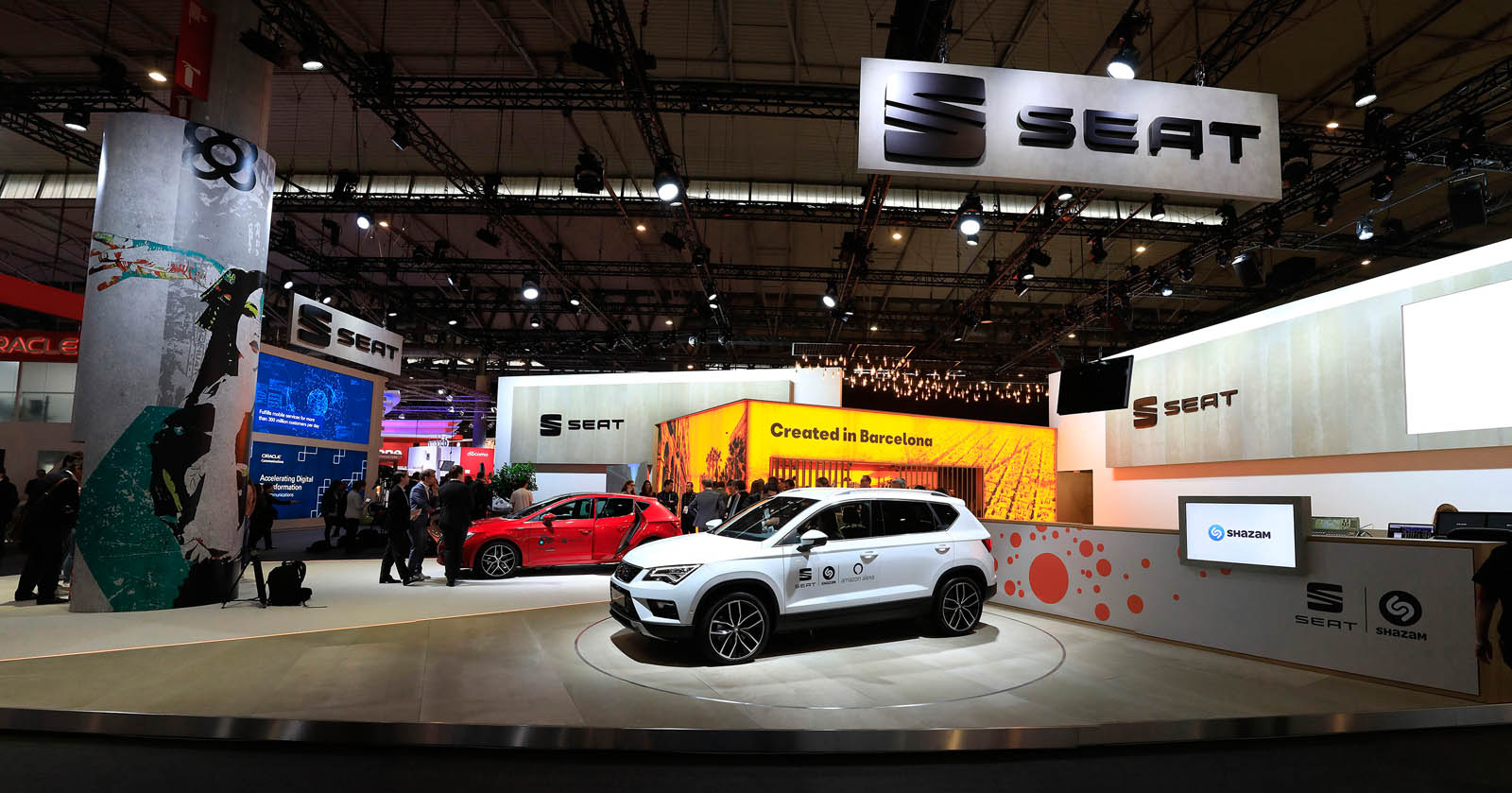
The quicker response time to embed apps is crucial for car makers trying to woo tech-savvy customers frustrated with the slow pace of development of car infotainment systems versus that of smartphones.
“We have development cycles of four years. For mobile phones, it’s six months to a year,” said Fabian Simmer, Seat's chief digital officer. The Spanish brand therefore looks for ‘gateways’ such as Android Auto to install new apps outside of normal development times, he explained.
Seat already offers Waze and later this year will fit Amazon’s Alexa voice control software, operated via a button on the steering wheel, to new cars, starting with the Ateca and Leon.
Volkswagen to get Amazon Alexa voice control in connectivity push
Ford’s solution is to use AppLink, a rebrand of technology developed by France’s SmartDeviceLink (SDL). This bypasses Android Auto or Apple CarPlay to embed an approved smartphone app such as Waze directly onto the car's infotainment screen without changing the car's software, once the app's developer has tweaked it to be compatible.
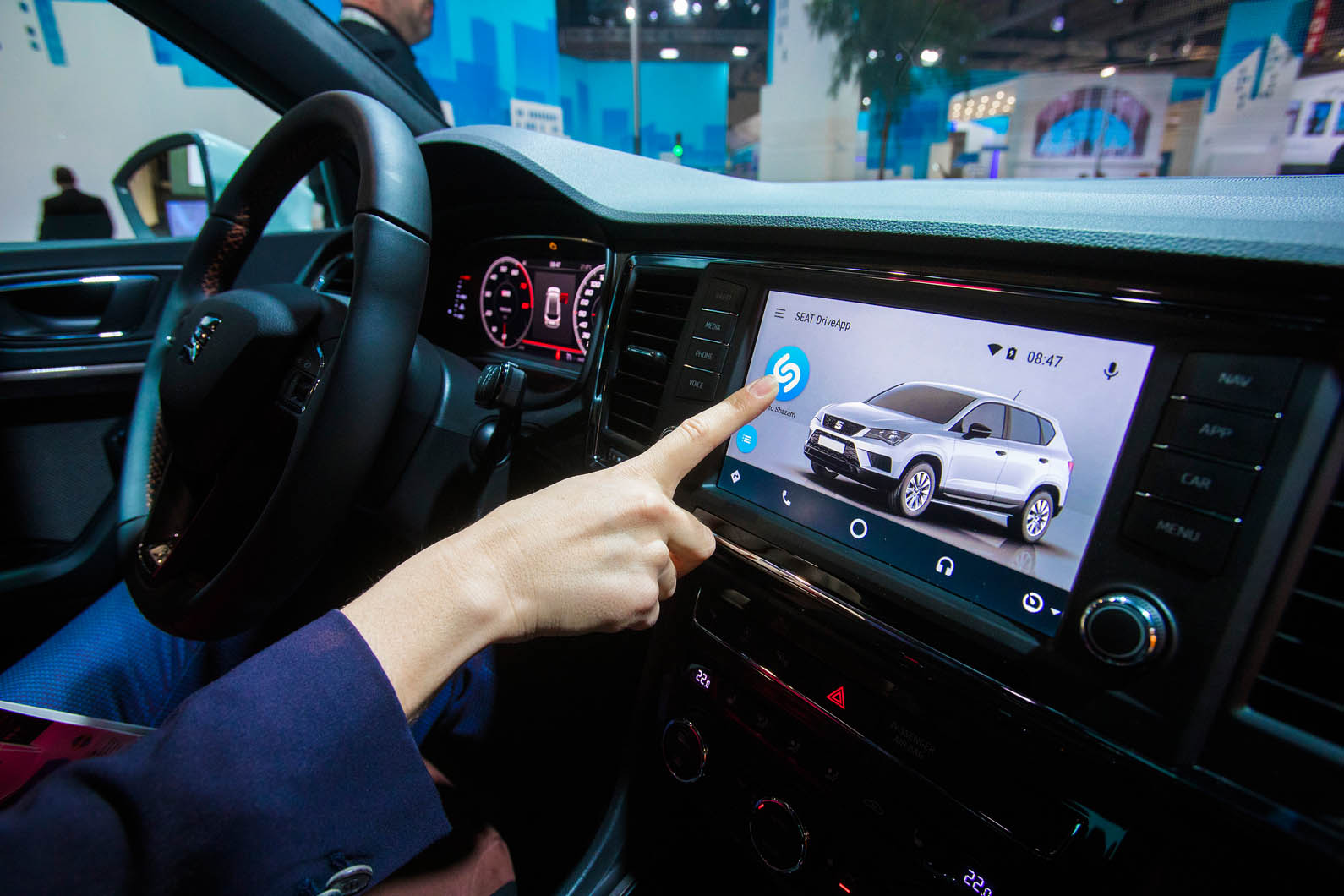

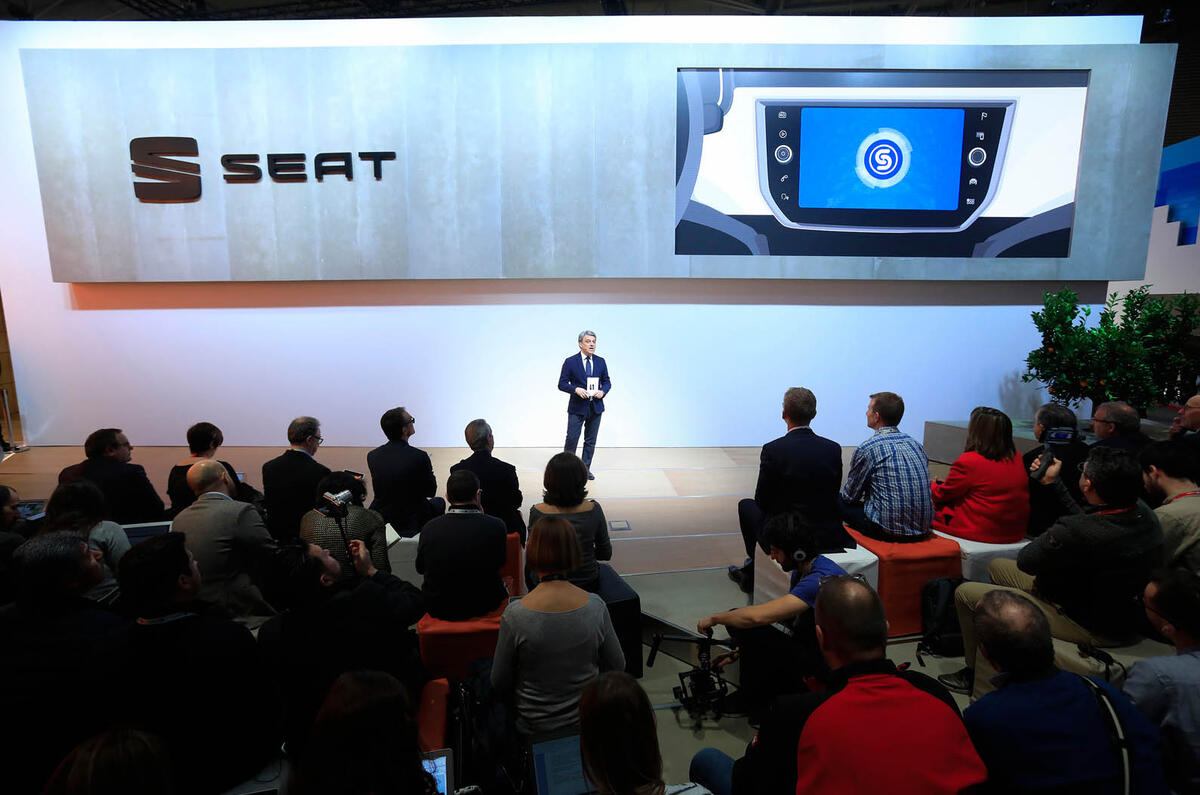
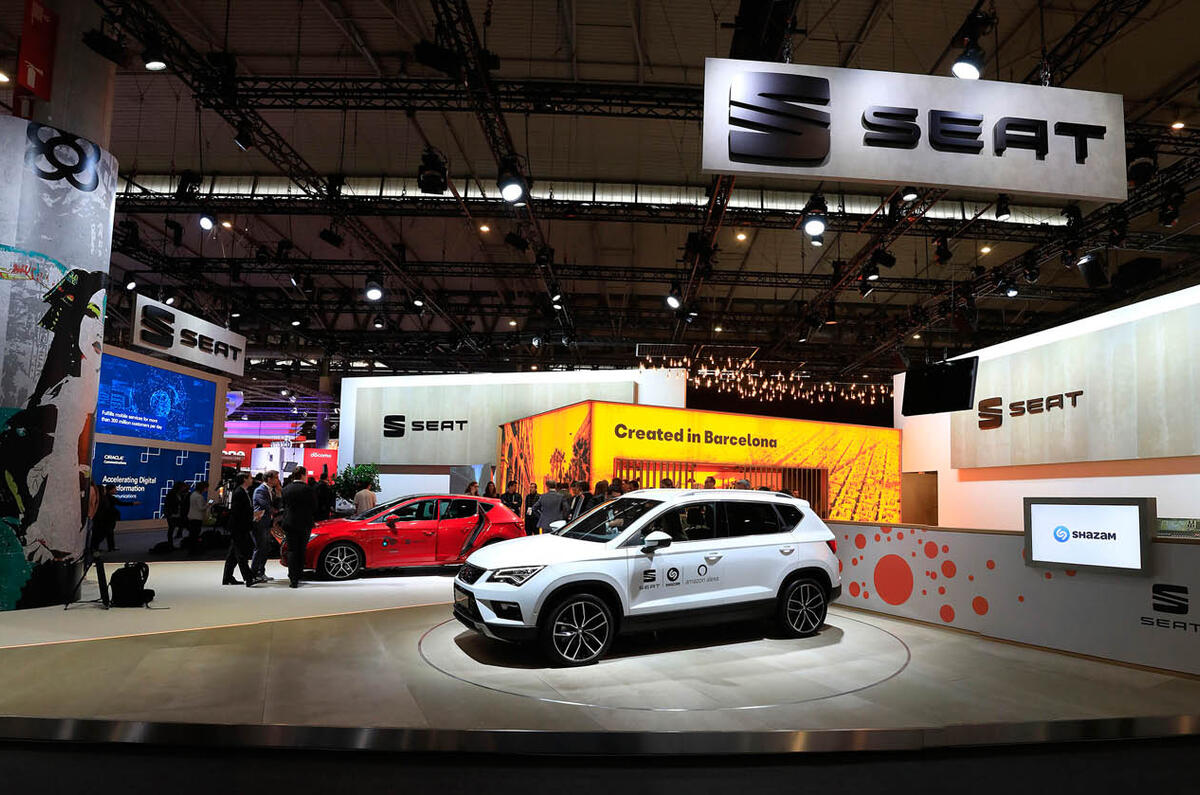
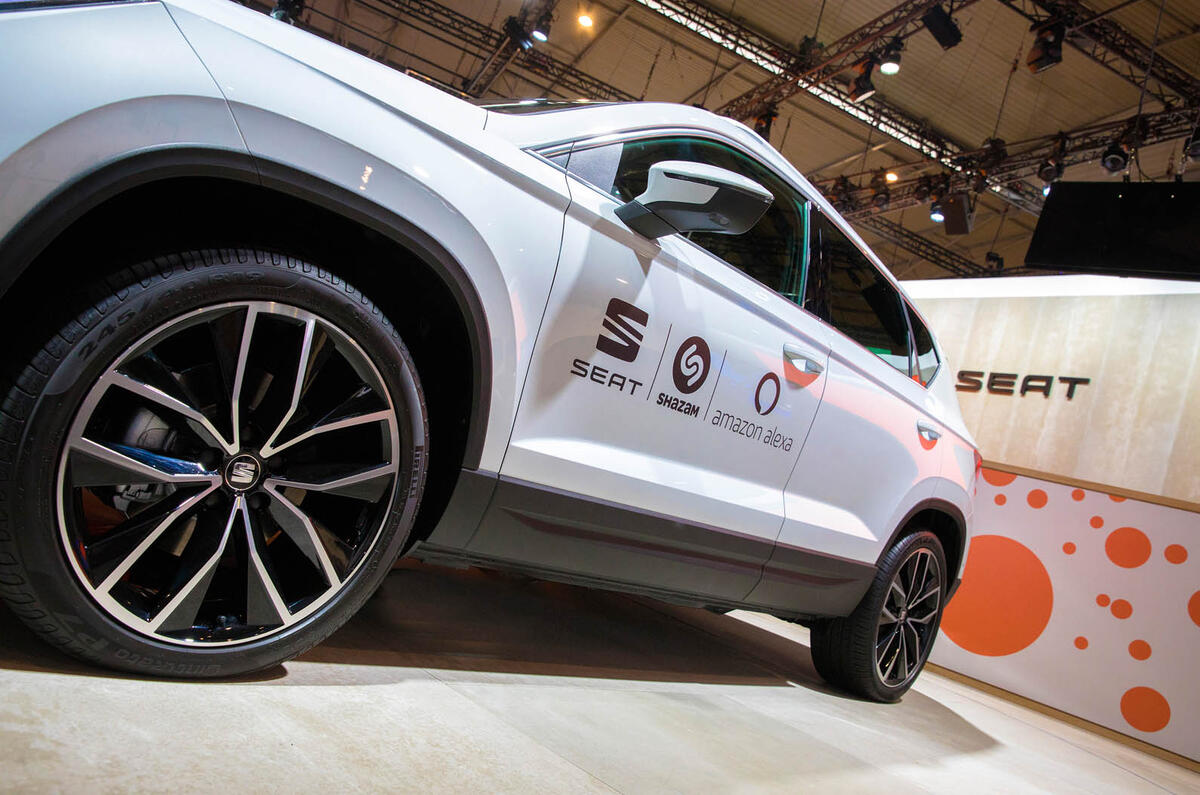
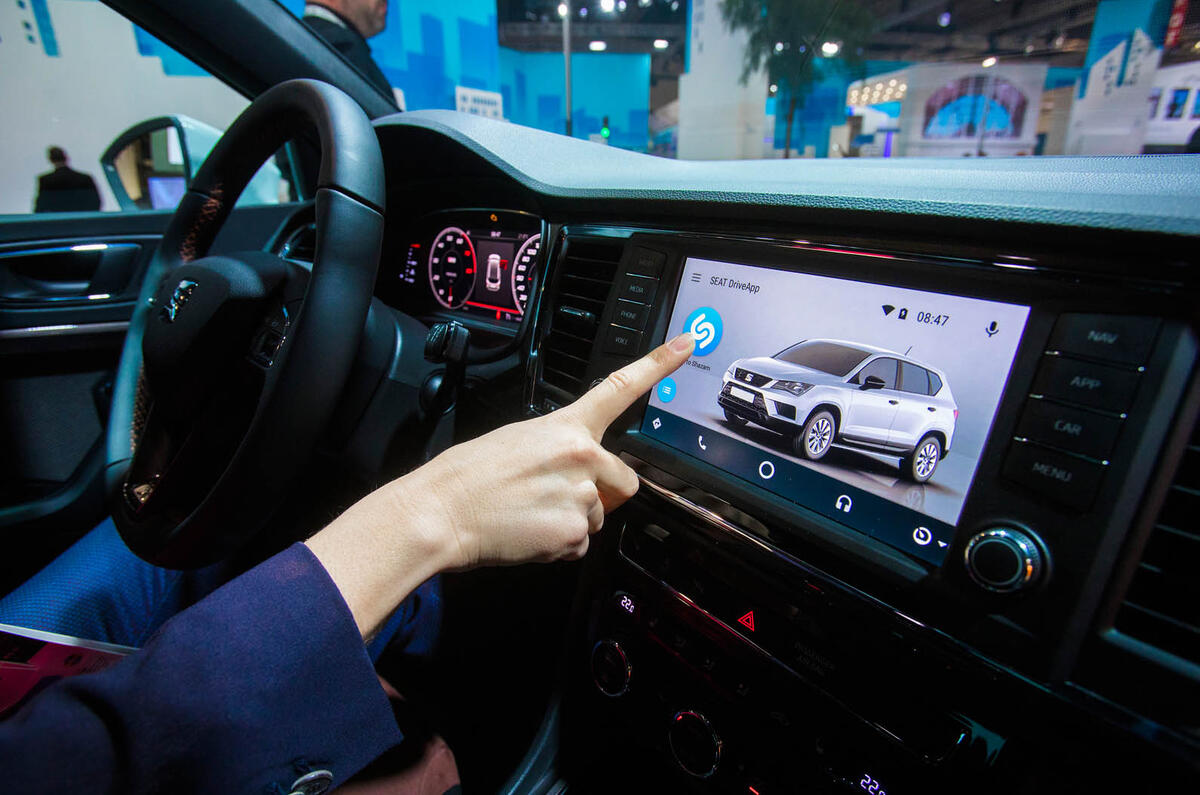
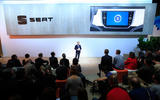
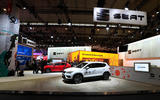
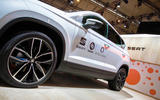
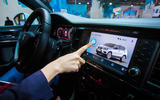


Add your comment